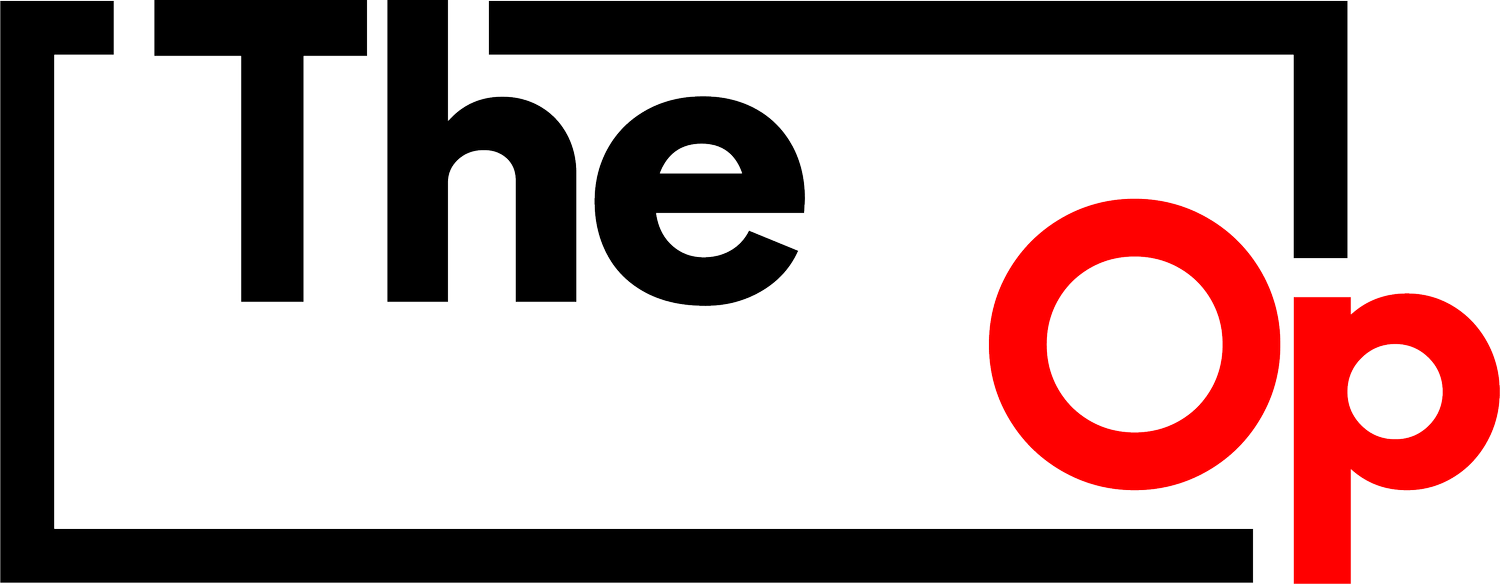The first time I got fired.
When I started this project, I decided that I would be honest throughout the whole process. So, here I am being honest. Yes, I’ve been fired. And more than once, might I add. There’s a saying in the film industry that if you haven’t been fired, just wait.
No one wants to get fired, but the reality is, inevitably—be it you, them, the process—something is not going to line up and you are going to take the fall. Sometimes because of your performance, or sometimes in spite of it. The key is to recognize that it happens, that it will happen, that you need to accept it, learn from it what you can, and move on, and don't let it destroy you.
Very early on in my career as a Steadicam op, I was starting to make a name for myself and was meeting new people. Now this was before steadicam was really a main tool on a set and more of a specialized piece of equipment that would dayplay. When I got into the business, it was rare that an A or B Camera operator on a show was also a steadicam operator (especially on tv). So I was learning to be a steadicam operator quickly and learning to be a conventional operator little by little. The operating part of it was coming to me slowly (learning how to use a fluid head, how to use the wheels, how to use a remote head) but the whole concept of helping to run the set - to keep things moving, set the shot, gaffe problems before they become big problems - was still elusive to me.
The show was called Space: Above and Beyond and it was a new show by the team who had created the The X Files, a really big hit, so it had promise. I was 25, the camera team was made up of friends, including the DP, and I was completely excited to get my first big A camera credit under my belt. My future was set.
I’d like to tell you all sorts of stories about how things went on the show, but I honestly can’t remember anything. It's all a complete blur. I lasted one week, and on Thursday the DP took me aside and told me that it wasn’t working out and that I was being replaced the following day. I can’t even recall the conversation, and I can barely remember clearing out my gear as the new operator was moving in his. It is all a blur and was a completely embarrassing situation. I remember being angry, confused, upset, and, eventually I realized, relieved.
After a week of consoling myself, eating and drinking my way through the anger and sorrow of the fact that my career was truly over, I started to take stock of what had happened. Getting fired is sort of like losing a loved one. You go through the stages of grief somewhat similarly including the point where you blame everyone else, but, if you are smart, you will take the time to assess things and learn from it rather than let it destroy you. That which makes you stronger and all that.
It’s worth noting that this was long before cell phones so there was no texting back and forth. People actually spoke on the phone or met in person to discuss things (I know, it’s insane right?) and with the DP working, I didn’t really get much of a post mortem. So, I decided to start to think long, hard, and critically about what had gone wrong, and, after talking to a few friends and some operators I respected, I came to realize that I deserved to be fired, because I didn't really know what I was doing. Sure, I could do the Steadicam shots, and I could fake my way through the conventional camera shots, but I had no idea how to run the set, how to figure out issues before they arose, and, at the end of the day, I was a liability to the DP rather than an asset. Bottom-line is I didn’t deserve to be in that position yet, and having been put in that position, I didn’t earn it. I deserved to be fired.
So, I put on my big boy pants, started getting back out there, and every chance I had on set, I started observing the A camera operator. When appropriate, I sat with them at lunch and peppered them with questions. I decided that I’d take what was, at that point, the worst moment in my career and make it the best, and learn enough so that I would never be fired again for not knowing how to do my job.
I did that for a few months, soaking up everything I could, heading to the rental houses in my off time to practice working on a geared head, and doing anything I could to be ready for the next A camera job I got called for—which was ER. I still wasn’t ready, but I was ready enough and had learned enough to get the job done and that job essentially made my career.
I now look back on Space: Above and Beyond and realize that that one week that ended so badly may have had a greater impact on my career than any other event that has taken place since.
Thankfully, it would be years before I was fired again.

